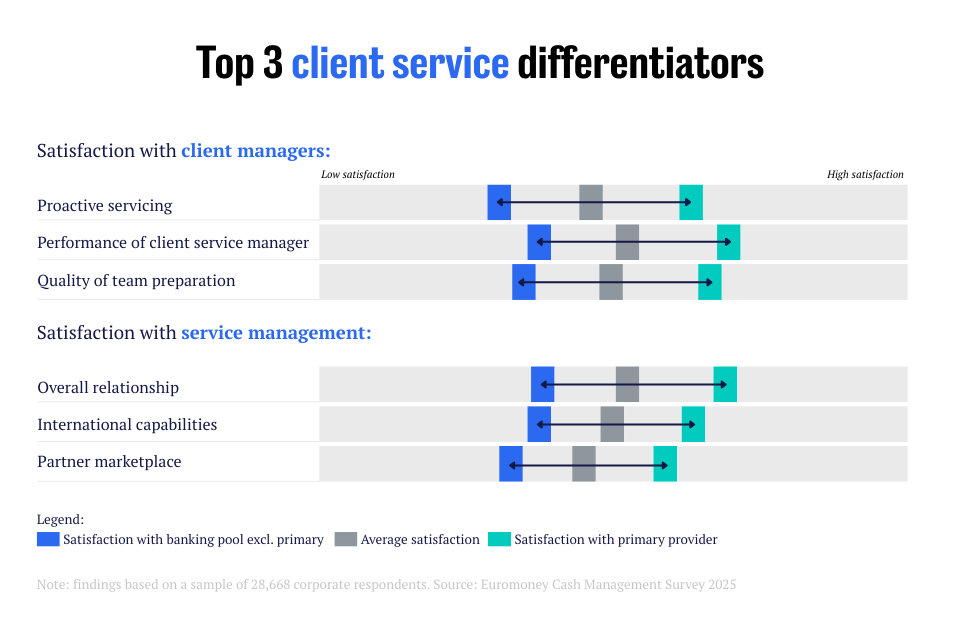Sponsored research guide |
FOUR YEARS AGO, Hungary was one of the worst performers in the Euromoney Country Risk (ECR) survey, gripped by recession as it began painful structural reforms while tackling high public and private sector debt. Fast-forward to 2015 and economists are bullish about the country’s economic prospects at a time when other sovereigns in Central and Eastern Europe are struggling.
A combination of factors, including the conflict in Ukraine, the sagging eurozone economy and FX depreciation in the face of a strengthening dollar, have resulted in deteriorating country risk scores across CEE, with major markets including Turkey, Russia and Poland receiving deteriorating risk scores over the second half of 2014.
Access intelligence that drives action
To unlock this research, enter your email to log in or enquire about access




